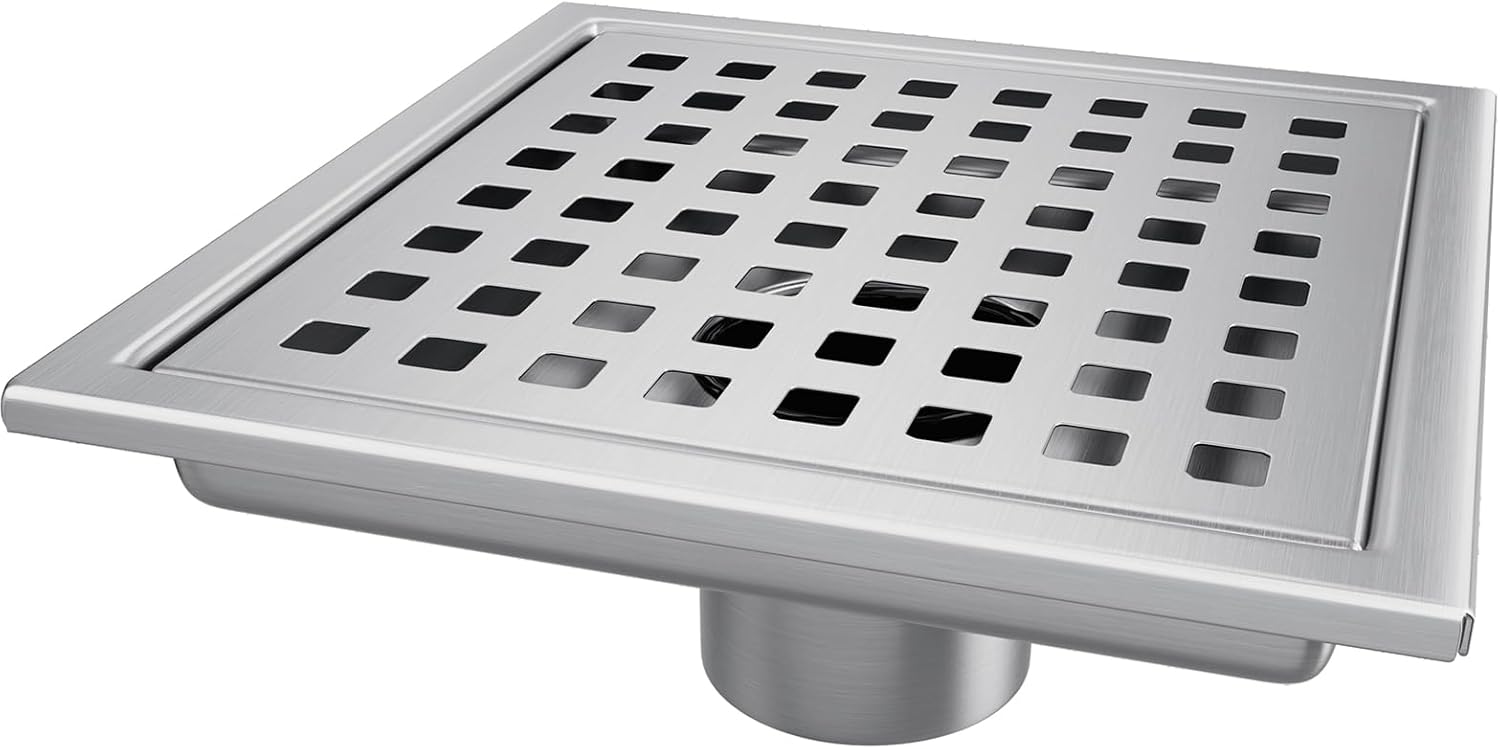In today’s ever-evolving healthcare landscape, nursing professionals are under increasing pressure to stay updated with best practices, medical advances, and legal requirements. One critical way to meet these evolving standards is through Nursing Continuing Education. For Registered Nurses (RNs), maintaining licensure and ensuring the highest level of patient care are directly linked to continuing education. Whether you’re new to the profession or a seasoned RN, understanding how continuing education impacts your career is essential.
This article will explore the importance of Nursing Continuing Education, the requirements for license renewal, how to choose the right courses, and the long-term benefits of lifelong learning in nursing.
What Is Nursing Continuing Education?
Nursing Continuing Education refers to educational programs and courses that RNs undertake after their initial licensure. These courses are designed to keep nurses informed, competent, and compliant with current professional standards and medical advancements.
Purpose of Continuing Education
The main objectives of continuing education include:
- Enhancing clinical knowledge and skills
- Meeting state licensure requirements
- Staying updated with new healthcare policies and technologies
- Reducing the risk of errors in practice
- Advancing one’s career or specialty practice
By engaging in these educational opportunities, nurses not only improve patient outcomes but also contribute to a safer and more effective healthcare environment.
Why Is Nursing Continuing Education Mandatory?
Continuing education is not just a professional recommendation—it’s a legal and ethical obligation for most nurses across the U.S. Each state has its own Board of Nursing that mandates how many Continuing Education Units (CEUs) are required for license renewal.
Legal and Regulatory Compliance
Most licensing boards require proof of CEUs to renew nursing licenses. Failure to comply can result in disciplinary action, including suspension or revocation of a nursing license. Nursing Continuing Education ensures nurses remain compliant with:
- State-specific laws
- Federal healthcare regulations
- Standards of care for different populations and medical conditions
Ethical Responsibility
Beyond legal requirements, continuing education fulfills the ethical responsibility nurses have toward their patients. It ensures that all interventions are evidence-based and aligned with current standards.
State Requirements for CEUs
Each state in the U.S. has unique requirements when it comes to Nursing Continuing Education. Some states demand more credit hours than others and may have topic-specific requirements (such as pain management, domestic violence, or cultural competency).
Examples of State Requirements
- California: Requires 30 hours of CE every two years.
- Texas: Requires 20 hours of CE and an additional course in jurisprudence and ethics every third renewal cycle.
- Florida: Requires 24 CE hours every two years, including mandatory HIV/AIDS and domestic violence courses.
It is crucial for nurses to check with their local Board of Nursing to ensure they meet all the specific criteria.
How to Choose the Right Continuing Education Courses
Selecting the appropriate Nursing Continuing Education courses is a strategic process. Nurses should look for programs that not only satisfy licensure requirements but also align with their career goals and interests.
Accreditation Matters
Always choose CEU providers that are accredited by recognized bodies such as:
- American Nurses Credentialing Center (ANCC)
- State Boards of Nursing
- Commission on Collegiate Nursing Education (CCNE)
Accredited courses ensure credibility, quality, and compliance with licensure regulations.
Align with Specialties
Many nurses specialize in areas like pediatrics, oncology, or emergency care. Tailoring continuing education to these specialties can enhance expertise and career mobility. For example:
- A pediatric nurse might choose CEUs focused on child development.
- An ER nurse might benefit from trauma care or crisis intervention modules.
Benefits of Nursing Continuing Education
The advantages of investing in Nursing Continuing Education extend far beyond meeting licensure requirements.
Professional Development
Ongoing education supports upward mobility in nursing careers. Nurses can transition into roles such as Nurse Practitioners, Clinical Nurse Leaders, or Nurse Educators by building on their CEU coursework and experience.
Improved Patient Care
Well-educated nurses provide better care. Updated knowledge leads to:
- More accurate assessments
- Efficient interventions
- Enhanced patient satisfaction
- Fewer medical errors
Boost in Confidence and Morale
With updated knowledge and new certifications, nurses often feel more confident in their abilities. This leads to increased job satisfaction, reduced burnout, and better team collaboration.
Online vs. In-Person CEUs: What’s Best?
Technology has made Nursing Continuing Education more accessible than ever. Nurses can now choose between online and in-person courses based on their schedules and learning preferences.
Online CEUs
Pros:
- Flexible scheduling
- Learn at your own pace
- Access to a wide range of topics and providers
- Often more affordable
Cons:
- Less face-to-face interaction
- May lack hands-on practice
In-Person CEUs
Pros:
- Networking opportunities
- Real-time Q&A and discussions
- Better for hands-on or clinical skills training
Cons:
- Fixed schedule
- Travel and time costs
A hybrid model may work best for nurses seeking both convenience and engagement.
How to Keep Track of CEUs
Maintaining accurate records of completed Nursing Continuing Education is crucial for license renewal and professional development.
Tips for Managing CEU Records
- Use a digital folder to store certificates and transcripts
- Keep a spreadsheet with course titles, providers, hours, and completion dates
- Check with your employer—many hospitals provide CEU tracking tools
Some states also offer online portals where nurses can upload and manage their CEUs.
Common Mistakes to Avoid
Despite the importance of Nursing Continuing Education, some common pitfalls can lead to non-compliance or wasted effort.
Ignoring State Requirements
Never assume that one size fits all. Requirements vary drastically by state and sometimes even by license type (e.g., RN vs. APRN).
Choosing Non-Accredited Providers
Courses from non-accredited sources may not count toward your CEUs. Always verify the accreditation status before enrolling.
Waiting Until the Last Minute
Procrastinating can lead to rushed decisions, poor course selection, and stress. Set reminders well in advance of your renewal deadline.
Future Trends in Nursing Education
As the healthcare system becomes more complex, Nursing Continuing Education will continue to evolve.
Integration of AI and Digital Tools
New educational platforms are using artificial intelligence to personalize learning paths for nurses, making education more efficient and engaging.
Focus on Interdisciplinary Learning
Courses are increasingly emphasizing collaboration among healthcare professionals—nurses, doctors, pharmacists, and social workers—to improve patient outcomes.
More Free and Low-Cost Options
Due to demand, many professional organizations and employers are now offering free or subsidized CEUs. Keep an eye on resources from associations like:
- American Nurses Association (ANA)
- National Council of State Boards of Nursing (NCSBN)
Conclusion
Nursing Continuing Education is more than a licensure requirement—it’s a commitment to excellence in patient care, professional growth, and ethical practice. By staying proactive and informed, nurses not only meet mandatory standards but also become leaders in their field. Whether you’re pursuing new specialties, climbing the career ladder, or simply ensuring the best for your patients, continuing education is the bridge between today’s practice and tomorrow’s potential.




